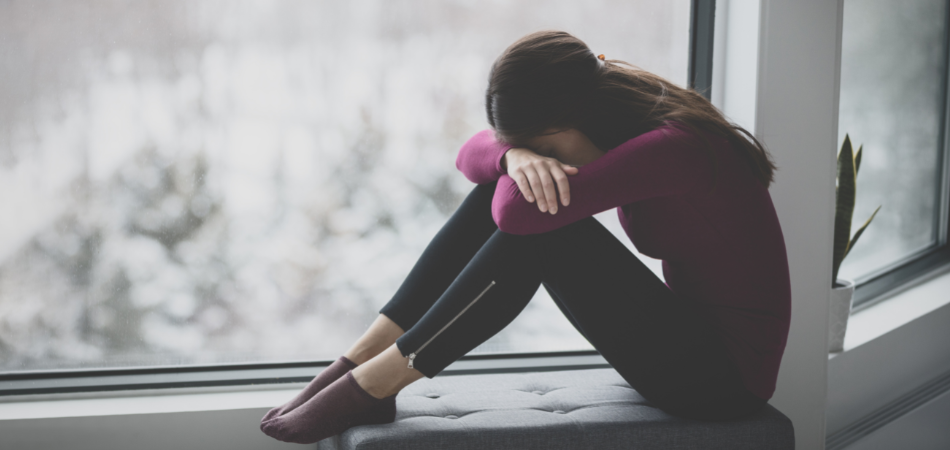
Written by:

Medically Reviewed by:
Last Updated:
February 14th, 2025
Benzodiazepine addiction
What are benzodiazepines?
Benzodiazepines are a class of medications typically prescribed to help with conditions such as anxiety, insomnia and seizures. They work by calming the brain and nervous system, making them effective for short-term relief of intense symptoms.
In the UK, benzodiazepines are available only by prescription because of their potential for addiction and misuse. While they can be very helpful in managing certain conditions, using them for extended periods can lead to physical dependence. This is why doctors often prescribe them for short-term use, carefully monitoring the dosage and duration. Understanding their risks is key to using them safely and responsibly.
What type of benzodiazepines can be addictive?
All benzodiazepines carry the potential for addiction, which is why it’s crucial to approach them with care. One of the most effective ways to do this is by educating yourself on the different types of benzodiazepine addiction and understanding the risks involved.
Xanax addiction
Xanax, used to treat anxiety, can lead to addiction as the body builds tolerance. Users may need higher doses to feel calm and withdrawal symptoms like anxiety make quitting difficult without help.
Xanax addiction
Valium addiction
Valium addiction develops when people rely on it for anxiety relief, needing larger doses over time. Withdrawal can cause severe symptoms like tremors, so professional treatment is often necessary for a safe recovery.
Valium addiction
Klonopin addiction
Klonopin, used for anxiety and seizures, can be addictive with long-term use. Users develop a tolerance and experience withdrawal symptoms like irritability and seizures, requiring a managed detox to stop safely.
Klonopin addiction
Librium addiction
Librium, often prescribed for anxiety, can lead to addiction when used regularly. Users develop dependence and experience withdrawal symptoms like confusion and tremors, making professional detox essential.
Librium addiction
Lorazepam (Ativan) addiction
Ativan is addictive when used long-term for anxiety or insomnia. Users need higher doses to feel its effects and may suffer from severe withdrawal symptoms like seizures, needing professional detox for safe recovery.
Ativan addiction
Mogadon addiction
Mogadon, used for sleep issues, can cause addiction if taken too long. Users build tolerance and suffer withdrawal symptoms like anxiety and agitation, making medically monitored detox necessary for recovery.
Mogadon addiction
Temazepam addiction
Temazepam, a sleep aid, becomes addictive with extended use. Users need higher doses to sleep and may experience severe withdrawal symptoms like insomnia and anxiety, requiring a structured detox for recovery.
Temazepam addiction
Halcion addiction
Halcion, a strong sedative for insomnia, can lead to addiction quickly. Tolerance builds fast and withdrawal symptoms like anxiety and sleep problems make quitting hard without professional detox support.
Halcion addiction
Valium (Diazepam)
Valium addiction develops with long-term use for anxiety. People build tolerance and need more to feel relaxed, facing withdrawal symptoms like panic and tremors, often needing professional treatment to stop safely.
Valium (Diazepam)
What are the signs of a benzodiazepine addiction?
It’s crucial to understand the signs of benzodiazepine addiction, whether you are taking these medications under a doctor’s prescription or obtaining them illegally. Understanding these warning signs can help you identify an undiagnosed addiction early on or even prevent one from happening in the future.
Different types of benzodiazepines may present slightly different signs but the general signs are important to be aware of.
Physical signs
- Drowsiness or fatigue: Excessive sleepiness, difficulty staying awake or appearing overly tired during the day.
- Slurred speech: Difficulty articulating words clearly or slower-than-usual speech.
- Unsteady coordination: Trouble with balance, stumbling or lack of motor coordination.
- Dizziness: Feeling lightheaded or experiencing frequent dizzy spells.
- Blurred vision: Visual impairment, including trouble focusing or double vision.
- Muscle weakness: A noticeable reduction in muscle strength or general physical weakness.
Psychological signs
- Increased anxiety: Although benzodiazepines are prescribed for anxiety, over time, misuse can lead to heightened anxiety when the drug is not taken.
- Memory problems: Difficulty recalling recent events or gaps in memory.
- Mood swings: Sudden changes in mood, irritability or increased frustration.
- Depression: Feelings of sadness or hopelessness, particularly when benzodiazepines are misused.
- Confusion: Trouble thinking clearly, making decisions or concentrating.
Behavioural signs
- Doctor shopping: Visiting multiple doctors to get more benzodiazepine prescriptions (commonly found in countries with privatised healthcare systems).
- Increased dosage: Taking more benzos than the prescribed dosage or using the drug for longer than recommended.
- Neglecting responsibilities: Ignoring daily tasks, work duties or personal care due to the effects of benzodiazepines.
- Social withdrawal: Avoiding friends, family or activities that were once enjoyed.
- Financial issues: Spending a large portion of income or savings on obtaining benzodiazepines.
Am I addicted to benzodiazepines?
If you’ve been using benzodiazepines for anxiety, insomnia or other conditions, it’s important to reflect on your use to ensure you haven’t developed a dependency. These medications can be helpful but also carry a risk of addiction, especially if used for extended periods.
Here are five questions to consider:
- Have you started taking benzodiazepines more frequently or at higher doses than originally prescribed?
- Do you feel uneasy or unable to relax without taking benzodiazepines?
- Have you tried to cut down or stop using benzodiazepines but found it too difficult?
- Do you experience physical or emotional discomfort, such as headaches, irritability or restlessness, when you miss a dose?
- Have you noticed that your benzodiazepine use is affecting your mood, work performance or relationships?
If any of these resonate with you, it may be time to seek professional guidance to assess your relationship with benzodiazepines.
Where can I get help for benzodiazepines?
At Liberty House, we offer a dedicated treatment programme for benzodiazepine addiction. The process starts with a medically supervised detox, where our team provides round-the-clock care to manage withdrawal symptoms and ensure your safety as the drugs leave your system.
Once detox is complete, you’ll engage in a combination of therapies designed to support your recovery. Cognitive Behavioural Therapy (CBT) and Dialectical Behavioural Therapy (DBT) will help you understand and address the emotional and psychological factors behind the addiction. In addition, holistic therapies like yoga and art therapy offer a way to relax, reflect and heal in a more creative and mindful way.
Our programme doesn’t stop when you leave. We provide aftercare services that offer ongoing support, with personalised recovery plans and resources to help you stay on the path to long-term recovery.
What’s next?
If you’re struggling with benzodiazepine addiction, taking the first step toward recovery can feel overwhelming but Liberty House is here to help. With our expert care, you can break free from dependency and regain control over your life. Don’t wait; contact Liberty House today and start your journey toward a healthier, addiction-free future.













